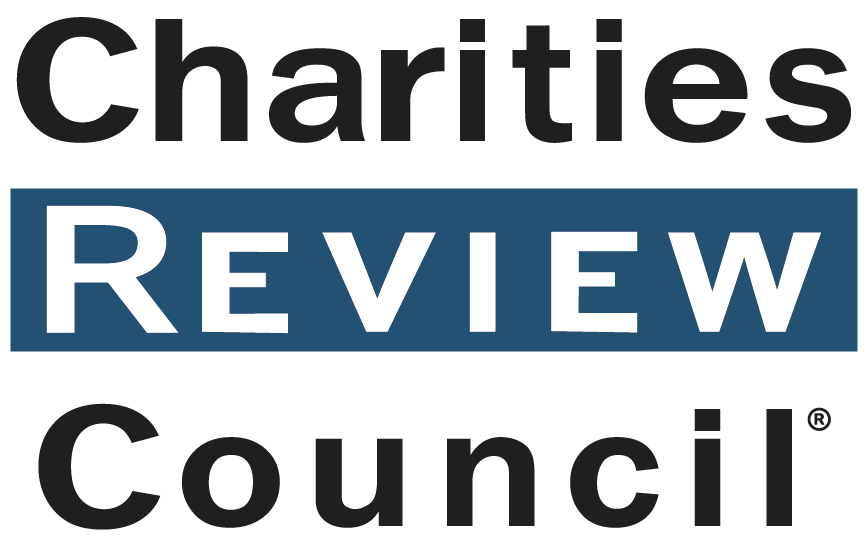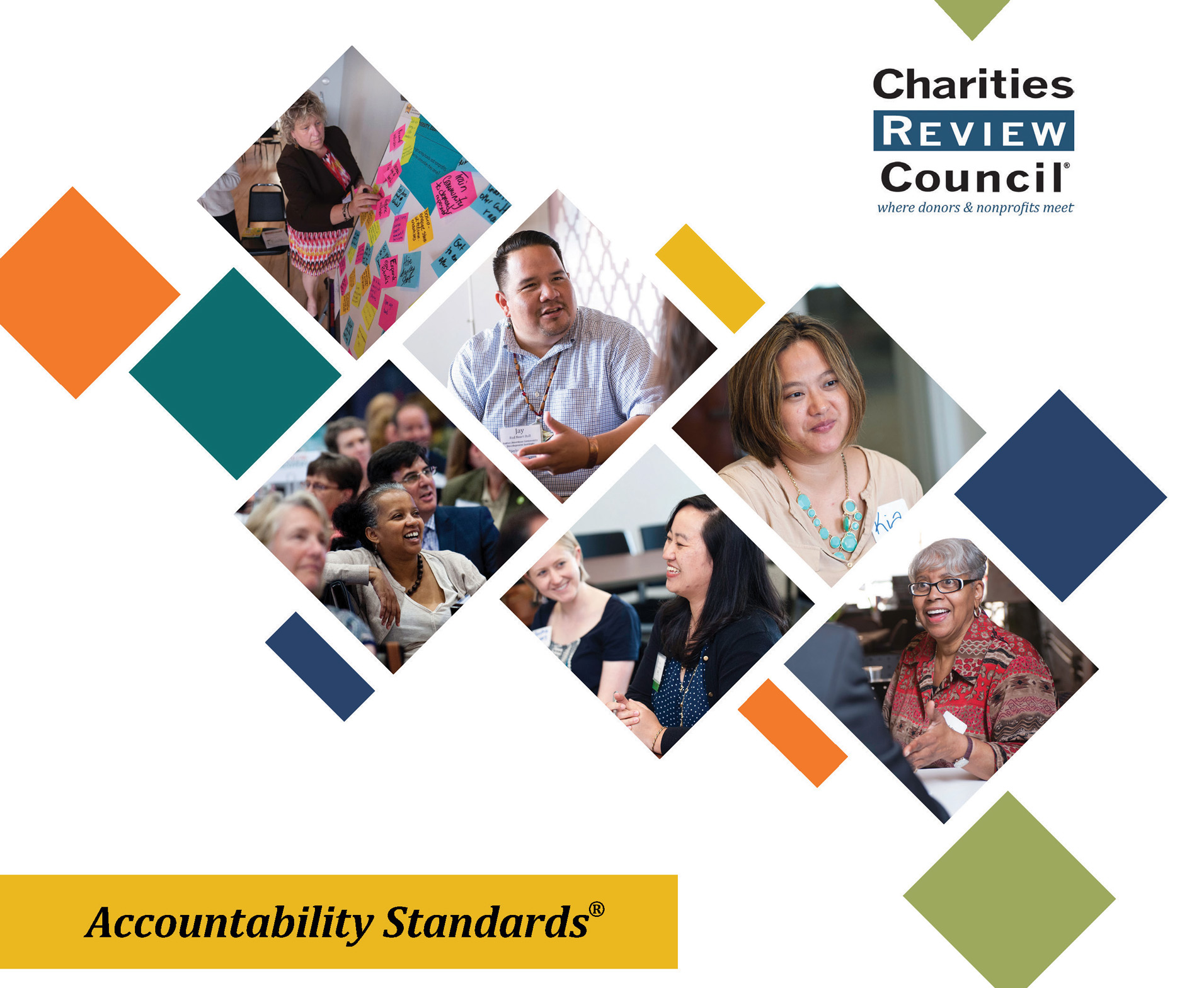This is part one of our four-part Accountability Standards® Blog Series. Sign up to receive future posts directly in your inbox, here.
In 2014, Charities Review Council piloted the rolling review of the Accountability Standards®, a process that would ensure the Standards remained relevant and meaningful to the community for the long-term. Last year, we gathered cross-sector leaders and subject-matter experts to help us review, rewrite, and reframe the Accountability Standards®.
Check out the new Accountability Standards® here!
For a more in-depth look at the revisions, we’ll be sharing a four-part blog series highlighting the four key categories, which include Public Disclosure, Governance, Financial Activity, and Fundraising. Sign up to receive these updates directly in your inbox.
Part I: Public Disclosure Accountability Standards®
Charities Review Council’s Public Disclosure Accountability Standards® have always worked to strengthen the relationship between donors and nonprofits but have traditionally been written through a lens of donor-protection, rather than a perspective of mutual trust-building. To fix this, we updated the language to reflect our desired impact- stronger donor and nonprofit relationships. In this round of review, we simplified and clarified the language for even greater impact. The requirements for nonprofits remained the same. Here’s what you’ll see going forward…
Annual Report & Communication 
Philosophy
Transparency and regular communication about a nonprofit’s mission and accomplishments helps donors make informed decisions, which leads to greater opportunity and community engagement.
Standard
Annually, the nonprofit will keep the following information available to the public via its website and/or a written report:
- Mission statement
- Definition of geography and populations served
- Description of each major program with related accomplishments
- Description of outstanding outcomes and/or significant unexpected events/incidents
- List of the Board of Directors
- List of key employees/volunteer staff
- Financial information including:
- Balance sheet (with liabilities and assets)
- Income statement (with income and expenses)
- Functional expense allocation
- Total expense of each major program
Impact on the Community 
Philosophy
By evaluating program goals and measuring progress toward achieving stated goals, donors can determine how well a nonprofit’s goals and objectives align with their giving philosophy.
Standard
The nonprofit will make available its accomplishments from the previous year and goals for the current year in alignment with its mission and community impact.
Financial Transparency 
Philosophy
Public disclosure of financial information demonstrates a nonprofit’s commitment to transparency that allows donors and potential partners to see that an organization is committed to building trust.
Standard
The nonprofit will publicly disclose their financial information, as required by the Annual Report & Communication and Legal Compliance Standards. If its revenues exceed $750,000, the nonprofit will conduct an independent audit of its finances and receive an unqualified opinion.
Legal Compliance 
Philosophy
A nonprofit’s commitment to comply with relevant laws and regulations establishes an important first step with donors, by promising to protect their assets, honor intent, and establish trust in the communities they serve.
Standard
The nonprofit will comply with federal and state laws and regulations. Examples of this include:
- Maintaining a board-approved Document Retention Policy that outlines clear timelines for retaining governing, legal, audit and financial documents, as well as destruction requirements once documents have exceeded their retention period,
- Registering to solicit with the Attorney General in any state where required,
- Providing donors with written acknowledgment letters as required by law,
- Providing public documents (such as the IRS Form 990, IRS Form 1023/24, and IRS Determination Letter) upon request,
- Adhering to the regulations on political campaign activities.
NOTE: If operating internationally, the nonprofit will comply with international laws (e.g. the General Data Protection Regulation, GDPR).
Let us know what you think! Share your feedback at info@smartgivers.org. Stay tuned for part two of the new Accountability Standards® blog series, coming soon.
Questions about the new Accountability Standards®? Check out our FAQ’s here.


